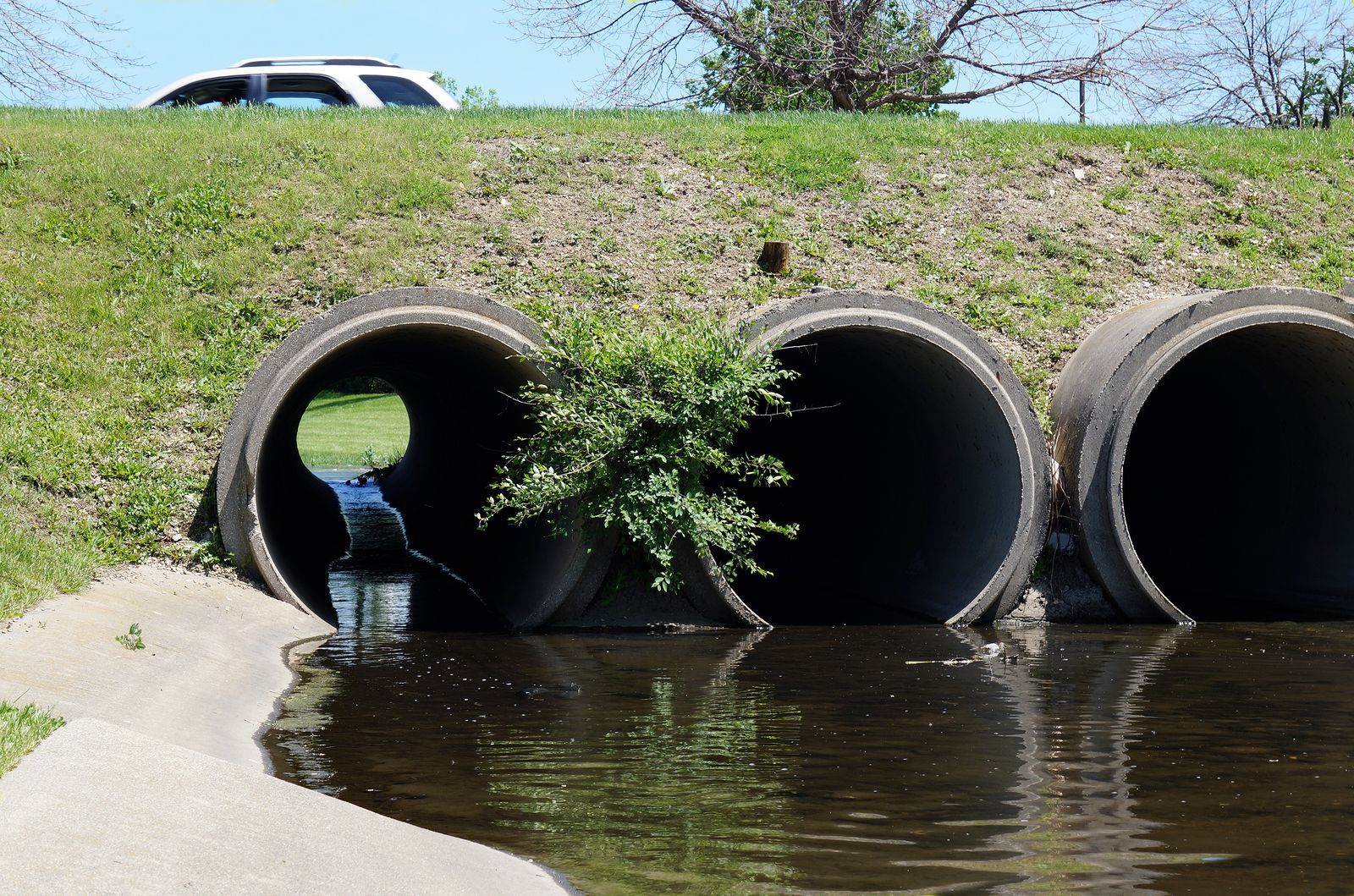Civil Engineering Consultants Share Recommendations for Effective Stormwater Management Programs
All over the U.S., local governments face difficulties in managing stormwater, especially as population and regulatory requirements continue to increase. Public officials explore different options that can maximize limited planning and construction timeframes and financial resources.
Civil engineering consultants can offer their expertise in evaluating the costs and benefits of stormwater treatment practices and make appropriate recommendations for effective stormwater management programs.
Costs of Stormwater-Management Programs and Damages
In a study titled “Costs and Benefits of Storm-Water Management: Case Study of the Puget Sound Region” Visitacion and colleagues determined the economic and environmental costs of stormwater runoff in the area in 2009. The expenditures pertain to stormwater-management programs and stormwater damages.
Stormwater-management programs include management costs, specifically the expenses of establishing and maintaining facilities, as well as the total costs of government and non-government actions that seek to lessen the negative effects of stormwater. Damage costs refer to the direct and/or indirect outlays of stormwater runoff, as well as other expenditures that cannot be easily economically quantified. Stormwater costs are composed of economic and non-economic categories: (1) flooding and property damage, (2) degradation of water quality, (3) damage to estuarine and freshwater habitats; and (4) other environmental losses.
The annual budget for stormwater management can reach thousands to millions of dollars. Budget usually depends on area size and population. The largest costs tend to be due to efforts that decrease flooding and enhance drainage (25 to 100% of budgets), followed by landslide mitigation (0 to 15%), habitat improvement (0 to 52%), and enhanced water quality (0 to 37%).
Stormwater Damage Categories
Four categories can be used to determine stormwater damages. First is flooding and direct property damage. Such expenditures can reach $4 to $36 per capita annually. These costs are related to capital enhancements and maintenance expenditures for flooding and drainage control. Second is water quality degradation. The costs refer to cleaning contaminated surface water and protecting them from imminent pollution.
Third is loss of estuarine and freshwater habitat. These damages are hard to measure because habitat value cannot be strictly measured economically. Fourth is losses of natural resources and other expenses from stormwater runoff. They include costs from community development and related stormwater management outlays.
Other undetermined expenses are the local decline of aquatic ecosystems and lost opportunity costs of damages. Loss of fish is an additional damage for stormwater runoff pollutes streams.
Recommendations for Effective Stormwater Management Programs
Civil engineering consultants can perform cost-benefit evaluations of stormwater treatment practices and determine proper recommendations for effective management programs. They can appraise the effectiveness of stormwater management practices in addressing critical problems. Some of the best management practices are retention basins and wetlands, detention basins, constricted wetlands, infiltration trenches and basins, sand filters, swales, filter strips and bio-retention.
These consultants additionally determine monitoring measures before, during and after implementing the project. These procedures help in continuously assessing project outcomes and identifying gaps between expected and actual effects. In addition, civil engineering consultants can choose to focus resources on mitigating environmental and social consequences, especially damage to habitats, water quality and natural resources. These consultants can also explore preventive measures that are less costly than treatment or restoration programs. Implementing preventive measures can avert future scenarios where restoration projects are incapable of reversing damages to natural resources.
Effective stormwater management programs address the most important issues facing communities. They are not only concerned with controlling erosion, but also the reduction of stormwater damage to water quality and ecological habitats. Civil engineering consultants are trained to comprehensively determine and compare the costs and benefits of stormwater management practices, in order to recommend cost-effective programs that will fit immediate and long-term stormwater management needs and budget.
Sources:
“Costs and Benefits of Storm-Water Management: Case Study of the Puget Sound Region,” Bernadette J. Visitacion, Derek B. Booth, and Anne C. Steinemann, Journal of Urban Planning and Development, 2009
“Cost and Pollutant Removal of Storm-Water Treatment Practices,” Peter T. Weiss, John S. Gulliver, and Andrew J. Erickson, Journal of Water Resources Planning and Management, 2007












